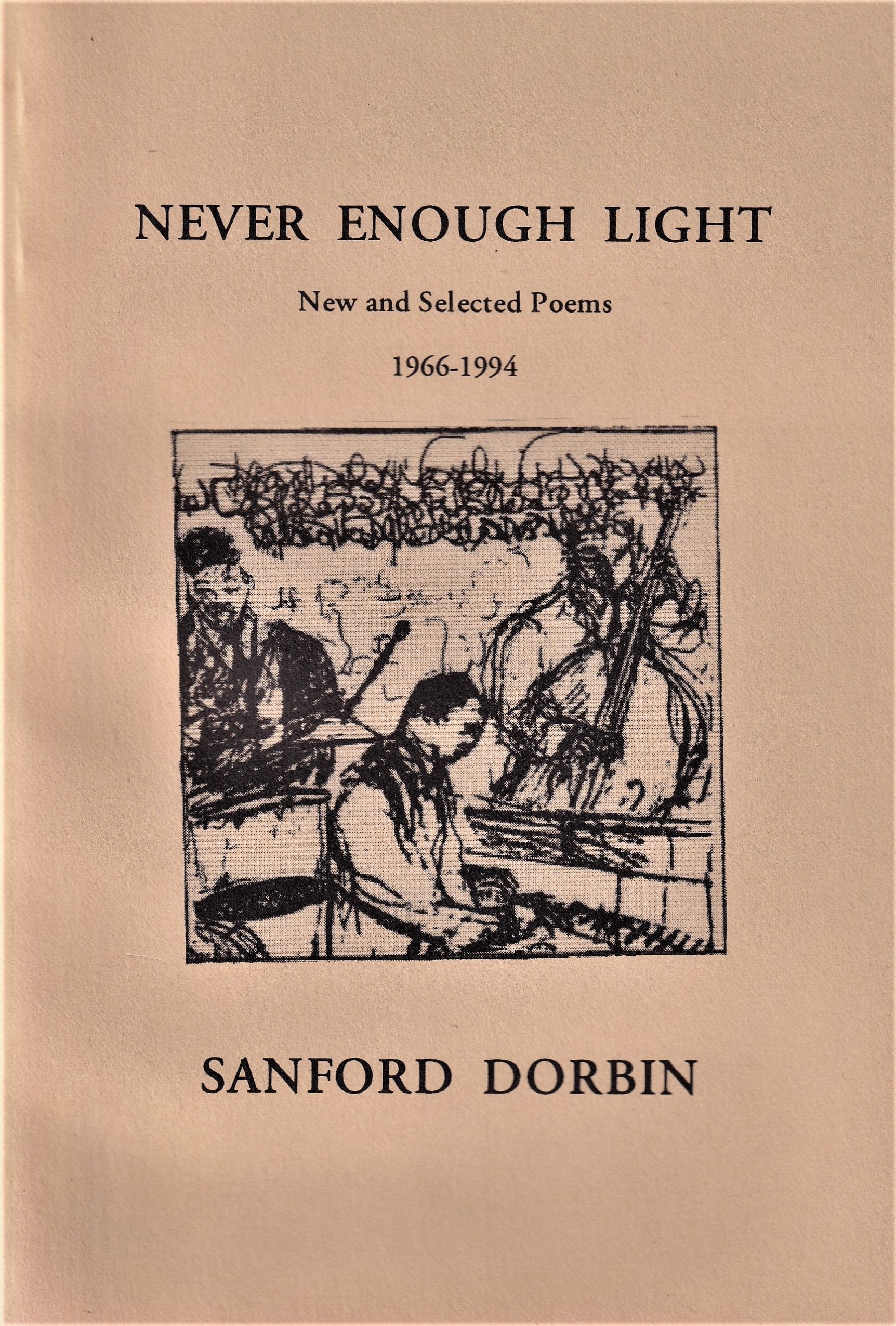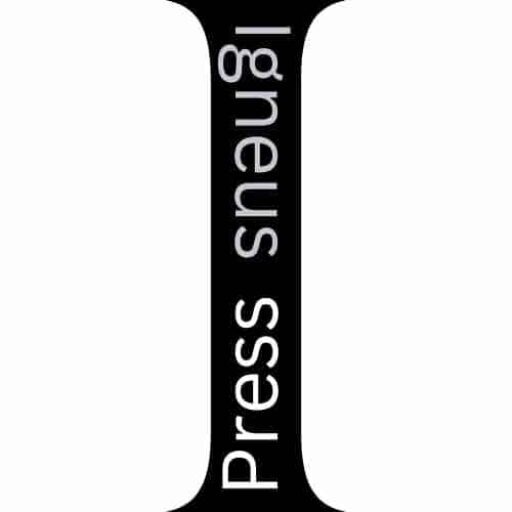
Search Results for: Dorbin
Igneus Press Founding Mission Statement
Igneus began in 1990 in the parking lot next to Charlie’s Tap on Green Street, Cambridge. Wally Butts sat in the back seat, me at the wheel, Bill Kemmett in the navigator’s seat as we caroused after a Stone Soup reading at Charlie’s. We were in my blue Chevy station wagon shooting the bs, whining about how at 45 and 60 years old we did not want to send our poems, hat in hand to 30-year-old publishers. Things like that were normal after- hour’s conversation. Bill and I had been getting together since 1972 when Stone Soup Readings were held in a small book store on Cambridge Street in Boston beneath Jack Powers’ apartment. Jack was the driving force behind street and Beat poetry in Boston. We hosted all the old Beats when they came to town: Ginsberg, Corso, Ferlinghetti and many others. Wally came on the scene in 1976 from Rochester, NY.
Anyway, I was living in New Hampshire in the 90’s running a design/build landscape company, so I had the skill sets of a small business person. Hence, I threw out into the conversation, “The hell with ‘em all. Let’s start our own press.” Kemmett was skeptical for all the obvious reasons, distribution, the technical issues, the ability to acquire credibility. He told us,” It would never work.” Wally, on the other hand was very excited by the idea. He had run White Raven Press in his earlier years, so he brought some process to the table. He also had a manuscript, a collection of solid poems from the past ten years of his life titled The Required Dance, by W.E. Butts.
For the next two months Wally took a bus from Boston to Manchester, NH. I would pick him up at the Greyhound station, and we would spend two days and a night working on his manuscript, shuffling poems, examining forms of other publications in pursuit of our own unique style and look. We gradually siphoned down all our home work to a very simplistic aesthetic using Times Roman. The cover would be simple: title above a photo with the poet’s name in smaller font beneath the photo. We wanted the emphasis to be upon the text of the poems. This was a time when most publications were morphing into glossy covers and esoteric fonts. Our covers were to be flat colored, heavy-weight paper. As time went by, and we did many many books of poetry and plays, we varied from that formula, but to date it is the main form we use.
Once we had the The Required Dance typeset and ready to go we kept searching our minds and imaginations for a cover image. One Sunday I woke up and over coffee told Wally I had the image. I got my five year-old daughter to put on her ballet tutu, and we set out into the day. I had a specific granite boulder in mind at woods edge of a baseball field in town. We helped my daughter climb onto the boulder, eight feet high and 15 feet around. There she danced for us as we shot a dozen pictures of black and white film.
Old friend Gary Metras, Adastra Press, gave me the phone and address of Ed Hamilton at Celecom Corp in Longmeadow, MA. This began a relationship with Ed, an 18 year apprenticeship really, on how to prepare a book, size of runs, qualities of paper and cover stock to mention a few. I gave him Wally’s book and the front cover along with a picture of the poet, small biography and several blurbs from fellow poets on the back cover. He gave me a call in two weeks to come get the books. Wally drove down with me to Longmeadow, and that was the birth of Igneus Press and of The Required Dance, both which have taken on a life of their own. W.E. Butts is now the residing Poet Laureate of New Hampshire and Igneus Press has put into print some 50 books in the past 22 years.
The next two books came out together: P.J. Laska’s The Day the Eighties Began and Willam Kemmett’s Flesh of a New Moon. As we picked up momentum and interest an incredible thing occurred, a spontaneous cooperative formed, or as Peter Laska would say, “without design “ One poet might do the typesetting for a few books, another would contribute funds towards the publication of a poet they admired. In some cases two or three poets might take a mass of poems, and edit it down to a powerful book. Another poet might take on building a brochure for upcoming releases. I would say in more than half of our books, as many as 4-5 other poets made contributions and gave sweat equity to midwife books. James Decrescentis, a good poet in his own right and a fine painter, hosted the book parties at the Piano Factory in Boston for some 20 years. We would fill the room with 40 people and sell as many as 35-50 books at these readings.
Years ago I made an attempt, just once, to acquire matching NEA grants. Part of the application was to state the mission of the press. What I said then remains true today. I was always looking for the greatest diversity of work that had compassion and concern for the human condition. I worked hard not to become a “school of poetry,” not be regional, to create a press that would represent my glimpse of who and what I think is interesting and important in this era of contemporary poetry. I have always considered it a labor of love. When it threatened to become less than that, I took a 5 year hiatus.
In the beginning I was astonished at how many really good poets from 45-85 were in need of a venue for manuscripts that were in most cases 10 years in the making. So, I feel fortunate in having so much quality poetry to work with that includes the likes of Vincent Ferrini, Richard Blevins, Joel Dailey, Richard Martin (my partner in crime on several issues), Sanford Dorbin, Roger Taus, and on and on. I have treated the press much like I do a landscape with certain elements like focus plants and waterfalls, stone walls and canopy of trees.
Most of the poets I published have evolved into significant poets 22 years later. I restarted Igneus two years ago with some new releases. I am giving into the elements of evolution, and with the unselfish help of my daughter, Sophia Kidd, Igneus Press is building a website in order to offer both past books and present books. Some have become collector’s books, certainly the deceased Ferrini’s, Butt’s books and other earlier books. It is my hope to introduce to a new generation to some of these fine writers, as well as introduce these writers to a new generation.
Peter Kidd, Publisher, 9.2.2012
